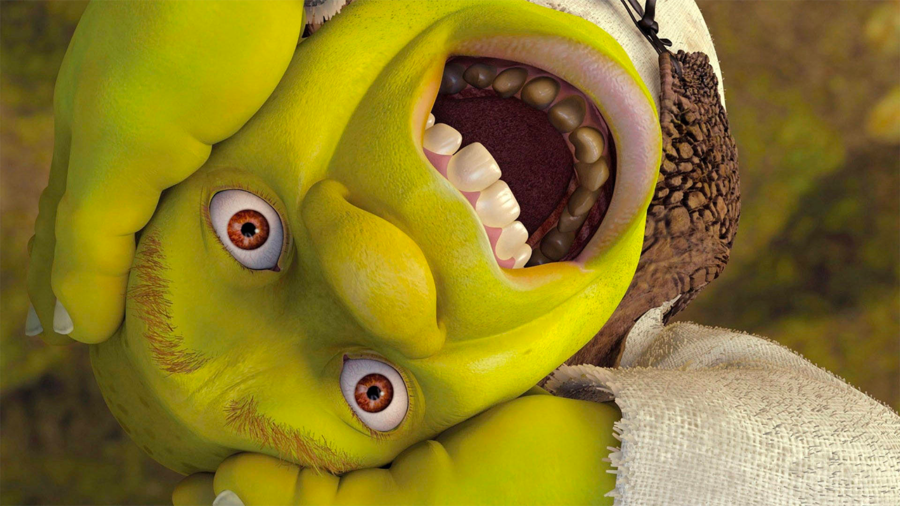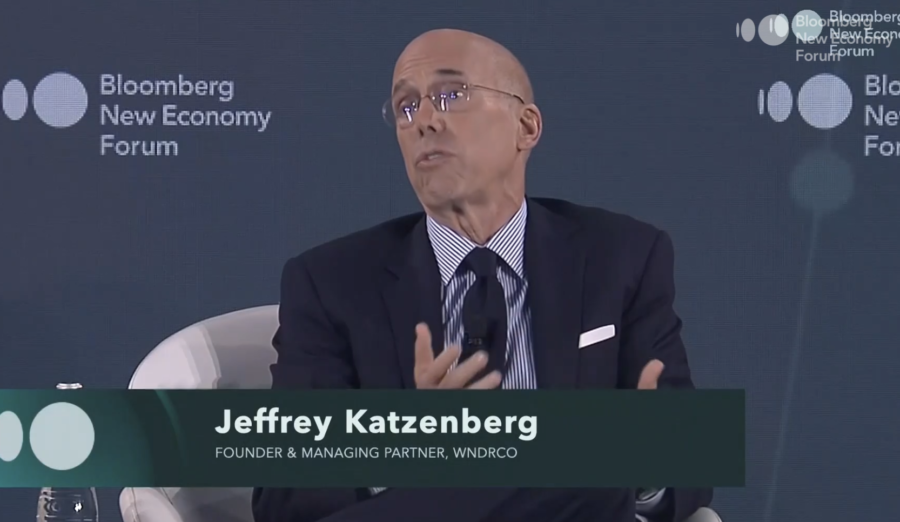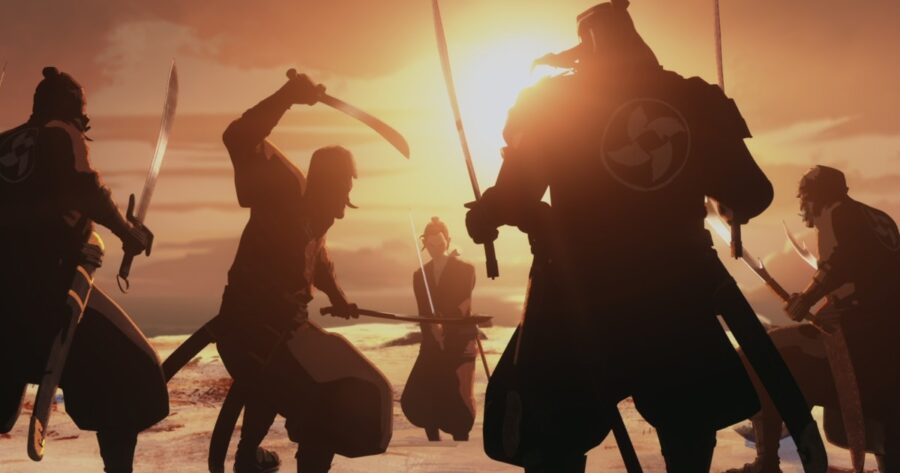Mega Producer Says AI Will Take Over Animated Films And Way Too Quickly

Lousy news awaits those working in animation: according to Jeffrey Katzenberg, co-founder of DreamWorks SKG, artificial intelligence will replace around 90 percent of the artists and creatives in the animation industry. Katzenberg predicts that the dramatic, perhaps traumatic shift–a tidal wave of AI devouring animation jobs–will only take three years to engulf the landscape of animated filmmaking.
The famed producer shared his thoughts at a Bloomberg TV panel in Singapore. There, Katzenberg didn’t hold back, delving into the significant impact AI should have on several sectors. Of course, he particularly emphasized its influence on media, entertainment, and creative processes.
The producer did not mince words; the animation sector, he opined, will bear the massive brunt of the change AI heralds—much more than live-action movies and TV.

His presentation also charted the evolution of storytelling tech, which began with the pen, evolved substantially with a movie camera, and is now poised on the cusp of something huge with AI, especially when it comes to animation. Of course, his talk glaringly omitted referencing Quibi, an unsuccessful venture he launched following his tenure at DreamWorks Animation.
Overall, the legendary producer underscored the staggering advancements brought about by AI and how these will dwarf those seen in past decades when it comes to technological advancement.
To hear the producer tell it, AI embodies more than a technological leap: it comprises a fundamental change in the creative process. The Hollywood royal likened it to a new paintbrush or a radically advanced camera.
In sum, AI’s revolutionary shift in animation will be both disruptive and commoditized.
Katzenberg also waxed nostalgic, recalling an era when churning out world-class animated films necessitated the involvement of 500 artists over five years. Now, however, he anticipates that the need for such extensive human resources will fall radically in a few years. In other words, an animated film requiring 500 animators in the past will now rely on less than 50.
It’s scary stuff.
The emerging technology infamously became a focal point in recent contract negotiations between writers, actors, and studios. The import of AI and its consequences in Hollywood, let alone animation, sparked strikes and prolonged discussions between the major unions representing all facets of show business.
Specifically, the expanding role of AI in the entertainment industry raised fears among writers and actors about job security and the rapidly evolving nature of their roles. AI tech represents the potential to automate whole swaths of content creation—especially animation.
The striking creatives battled to determine how residuals and compensation would be managed in an AI-dominated environment. Typically, writers and actors earn residuals for content reuse. But with AI’s involvement in content creation, calculating, and distribution, these residuals morph into a complex issue.
Also, the strikes emphasized concerns surrounding creative control and intellectual property rights generally. In the new, AI-dominated world—whether regarding animation or live-action—who owns the rights to AI-generated content? To what extent do creators have control over their intellectual property, specifically if AI modifies or recreates their work?

If these questions, controversies, and challenges were an appetizer, the coming AI onslaught on animation may be the main course. After all, animation is as popular as ever, catering to adults and children—Netflix’s Blue Eye Samurai recently wowed critics and audiences, for example. Let’s hope the industry manages to land on its feet.
Source: Bloomberg TV












